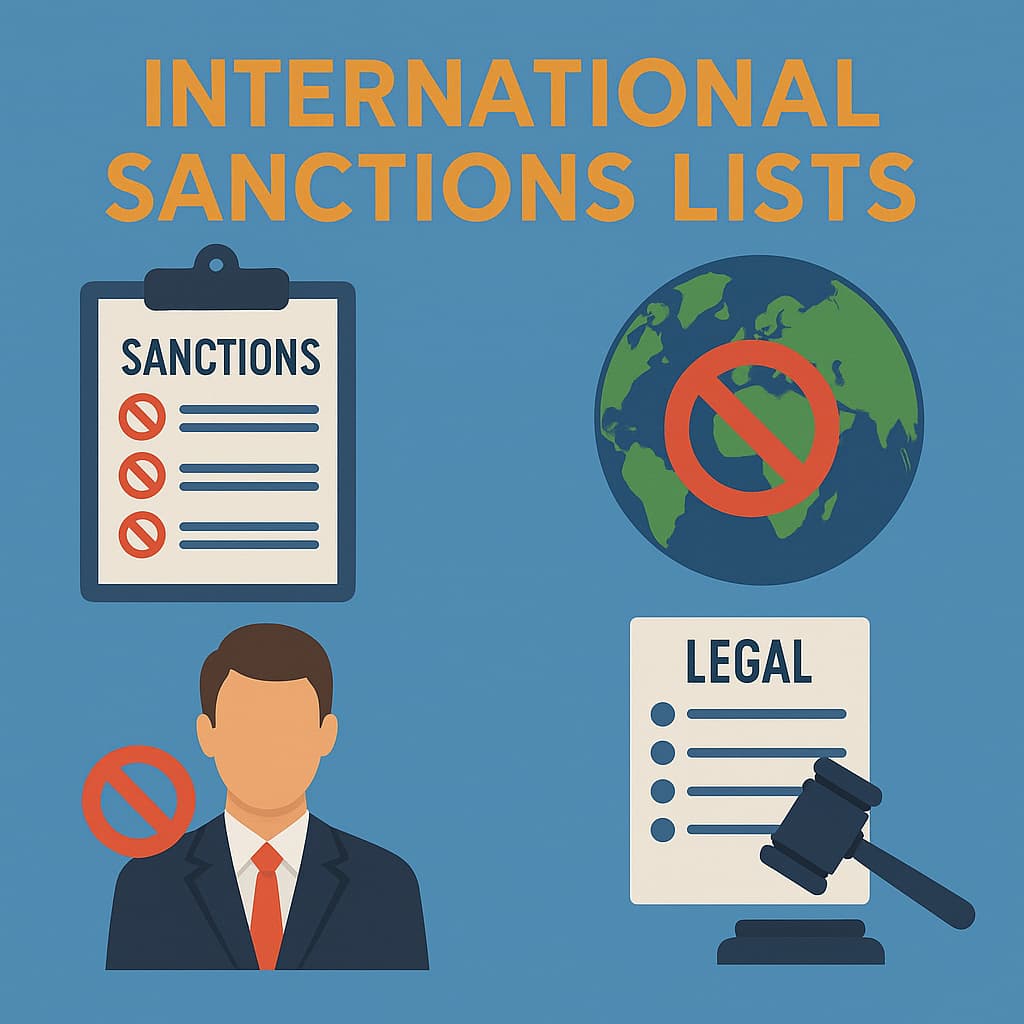How to Avoid Greenwashing and Verify the Legal Integrity of Companies?

Many companies today declare their social responsibility, commitment to ecology, and transparency, but behind these fine words, entirely different realities sometimes lie hidden. This is known as greenwashing—when an ecological image is created solely for marketing, without real actions. There is also a more subtle form of deception—”ethics-washing,” which concerns not only ecology but also corporate ethics, social justice, or legal compliance.
To avoid being deceived, it’s important to look not only at glossy reports but also at concrete facts. For example, does the company have major lawsuits, is it mentioned in international sanctions lists like OFAC (Office of Foreign Assets Control), does it operate in countries with high levels of corruption? This data can be verified using open legal databases, news resources, and sanctions tracking tools. Even a mere mention of the company in the context of legal disputes or accusations is already cause for reflection.
What Should a Novice Investor Choose and Where to Check Risks?
You can start investing with a small amount—the main thing is to understand what you are investing in. A minimal investment with a clear understanding of the risks is better than large sums invested randomly. Choose a platform that shows not only profitability but also ESG ratings, legal transparency, and data on sanctions or legal cases involving companies.
Even if a business speaks eloquently about ecology, it’s important to check its connections: does it work with aggressor states, is it linked to offshore entities and companies on sanctions lists? This can be found out through open databases, such as OFAC, OpenSanctions, or via news aggregators.
Pay attention to data sources. Reliable platforms indicate where they get their information. If the data is incomplete or without references—it’s a reason to be wary. True transparency is when you can verify everything yourself.
Ask yourself simple but important questions: does the company have lawsuits? Does it operate in zones with high corruption risks? Has it been mentioned in sanctions registries? The answers will help avoid risks and make an informed choice.
Sustainable investing is not about finding perfect companies. It’s about supporting those who strive to work honestly and transparently. And knowing where to find the facts turns a novice investor into a responsible market participant.
Is It Possible to Earn from Ethical Investments?
There is a persistent myth: if you want to invest according to ethical or environmental principles, you must be prepared for lower returns. This is a misconception. In practice, companies that comply with legislation, operate transparently, respect human rights, and care for the environment are not only trustworthy but also demonstrate stable financial performance.
Such companies reduce risks: they are less likely to incur fines for violations, are not subjected to boycotts and negative media publications, and do not lose investors due to sudden scandals.
Moreover, they are more often on the side of innovation—implementing energy-efficient technologies, working with “green” production, and, importantly, knowing how to adapt to changing market and regulatory requirements.
In times of economic instability, sustainable companies demonstrate better resilience. Their business models are more often focused on long-term sustainability rather than quick profits at any cost. This makes them attractive to both large institutional investors and private individuals who want to see not only profit in their portfolio but also confidence in the future.
Numerous studies show that portfolios with a high proportion of ESG companies demonstrate similar, and sometimes better, returns compared to traditional investments. At the same time, they are accompanied by less volatility and are more resilient to market shocks.
Thus, ethical investing is not a compromise between good and income. It is a way to invest intelligently, stably, and with consideration for real risks associated with legal violations, sanctions, reputational losses, or environmental disasters.
Study, Think, and Act—Without Fear
Starting the journey to responsible investing is not as difficult as it may seem. You don’t need specialized education, an expensive consultant, or a full arsenal of professional tools. A desire to understand and a little time to study the basics are sufficient.
To begin, determine which values are most important to you. This could be ecology, human rights, compliance with international law, or combating corruption. Then look for investment instruments that align with these principles. This could be a fund that excludes companies under OFAC sanctions or shares of companies that have undergone an independent ESG assessment.
Information can be verified using open sources—for example, sanctions databases, specialized ESG tracking platforms, or even news aggregators. If a company is involved in major lawsuits, its name will inevitably surface.
It is also useful to communicate with like-minded people: there are many online communities of young investors interested in sustainable practices. Exchanging experiences, discussing cases, and jointly analyzing risks make the path to ethical investing not only easier but also more interesting.
Responsible investing is not a one-time gesture, but a mindset. It begins with the question: “Does my capital support what I truly believe in?” And every step you take in this direction—even the smallest one—will be a contribution to a more honest, fair, and sustainable financial system.




